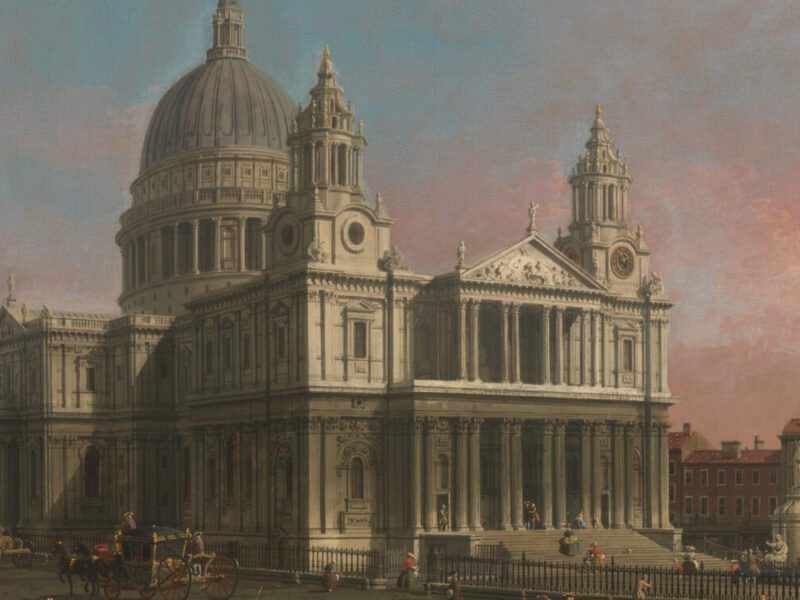The Triumph of the Slippers: On the Withdrawal from the World. By Pascal Bruckner. Translated by Cory Stockwell. Cambridge, UK: Polity Press, 2024. 118 pp. $19.95 (hardback).
The thesis of this book is presented on the second page: “This generation is in no way ready to face adversity.” The author contends that some of the culprits responsible for this unpreparedness gained ascendancy by the recent COVID pandemic. “This period of life in slow motion has sanctioned an impressive easing of social constraints: limited contact, restricted outings, gatherings cut short, work from home, absent bosses, life in a bathrobe or pajamas, authorized sloppiness, splendid regression”(3). Bruckner argues for an opposite viewpoint, asserting that “life means excess and profligacy or it ceases to be life. But the pandemic gave a strategic advantage to the forces of stunting. Our future hinges on the tension between these two camps” (4). Putting these sentences together, the reader has a bare-bones summary of this small but provocative book.
So, what’s to be done about this predicament of near paralysis, and is there hope for a better future? The author suggests that “while it’s nice to be comfortable, you can’t build a civilization on softness alone. In the years to come, there will undoubtedly be a strong reaction to this laissez-faire attitude: a surge of formalism, and explosion of dandyism, an appetite for the chic attire to ward off the general softening” (78). The difference between cultural aspirations here is not an idle debate: “Never has the battle between the spirit of exploration and that of seclusion been as fierce as it is today” (101).
The author lightly combs through historical epochs for the enabling culprits, though it is the recent historical visitation of the “forces of stunting” that is the author’s primary focus. The net effect of such “stunting” is that people of the pandemic mentality live cautiously in fear, consequently retreating to safety and so becoming boorishly introverted. They rarely venture toward what could be called a necessary motivation for greatness: warranted risk. Consequentially, they achieve little, all because they desire safety above all things. Coming to this point in the text, I expected something of an exposé on Nietzsche’s “last man,” for Nietzsche pointed at many of the motivational problems besetting the near fanaticism over concern for safety that Bruckner bemoans. Nevertheless, Bruckner charges that the quest for safety is not itself idle, for in our day it is as likely as not found fused to a radical misanthropy that frankly impugns the human species for daring to etch out a place they can call their own. Bruckner rightly worries that a kind of tyranny may result from this, in which humans are faulted for a “carbon footprint,” as members of their species are often looked at as malevolent squatters on Mother Earth. Guilt for not making a plan to remedy our failings provokes shrill castigations of the kind seen in Greta Thunberg, who presumes to teach us a thing or two about the world.
Bruckner does not slight spiritual values or religion in his book, as is often the case with secular modern thinkers intent on a better future. For example, he writes, “Every century has its banal aspects, but modernity, by cutting itself off from transcendence, has truly brought it to light. The world was once oriented: existence, consigned to brevity, was obsessed with the salvation of the soul, which would redeem original sin. Death as not an end point, but a door that opened onto an unknown world, whether of abomination or of bliss. From the Renaissance onward, concern for happiness gradually replaced anxiety about eternity” (26). Despite this apparent recognition of religion’s value, Bruckner seems to suggest the Renaissance an improvement. That is, anxiety shifted, but Bruckner is not precisely clear if for the better or not, though one suspects the former. As he posits it, “In the past, the great religious question was: Is there life after death? The great question of secular societies is the opposite: Have we lived enough before death?” (30).
Though Bruckner samples a variety of formulations as answers to the second question, virtually all come up short, for under the siege of the pandemic many persons retreated from a larger reality into a world centered in their cell phones and posh bedrooms which provided entertainment without leaving their living space, and came complete with comfortable slippers, sometimes worn outside to remind them of the comforts of cozy home, to which such creatures will scurry back. I immediately thought of the ad touting “Pajama Boy” used for political advantage when the Affordable Care Act was vying for traction some years ago. The need of such things as warm slippers are escape hatches from the world and are pointedly indicated in Bruckner’s delightful chapter appropriately titled “The Torments and Delights of a Life in Shackles,” for “the spatial lockdown was first and foremost a mental lockdown” (52). Living any kind of life of adventure is thought of as impious and ill-conceived by the apologists for an all-consuming attention given to safety. Domesticity, though hardly of the traditional type, now has become a prison of our own making. When one does on rare occasions go out, what one wears highly resembles what one wears in the bedroom. In fact, a change of clothes is hardly necessary for this kind of leisured slouchiness. After all, when Rome is burning, one does not dither over what frock to put on to leave home sweet home. One can only hope that elements of a population imprisoned in this kind of self-obsessed lethargy will grow tired of retreat as a way of life and exchange it for an advancement as inspiring as that the author finds in the Renaissance.
Bruckner’s book will appeal to any who feel some suspicions about the morbid state of culture described in Bruckner’s analysis. The book will also appeal to optimists who, like Bruckner, have tired of the endlessly fabricated charges of crimes against the planet and other sins too numerous to mention. For persons wanting to get on with life, rather than squeezing the life blood out of existence—for the demanding idol of safety—Bruckner will be found insightful and soberingly level-headed. Finally, his comments about a possible future day when formality could make a comeback are highly suggestive and indicate that for all his negative analysis of what the pandemic did to its victims, he remains an optimist contending for a better day to come. Where now there is a pathetic kind of loathing toward such a notion of more formalism in our culture, voices of protest may raise their thinking heads to question what is wrong with a culture that impugns any dressing up, for yes, even special occasions. That is, presuming there is anything left that could still be treated as special by the idolaters genuflecting around the throne of safety.





'Book Review: “The Triumph of the Slippers”' has 1 comment
November 11, 2024 @ 6:43 pm Deb Creech
Yes. Mr. Hardwoods review of Bruckner’s book makes me want to read it! Our slouchy sloppiness has infiltrated everything, and it’s sad indeed. The contrast between dressing up and not is a loss to society’s understanding of ceremony, special events , and austere occasions. Guys used to wear a coat and tie to homecoming game! My grandma’s thanksgiving meals were a dress up thing. Yes, we need to teach our young the other worldly mystery of formality and ceremony.! Great review.